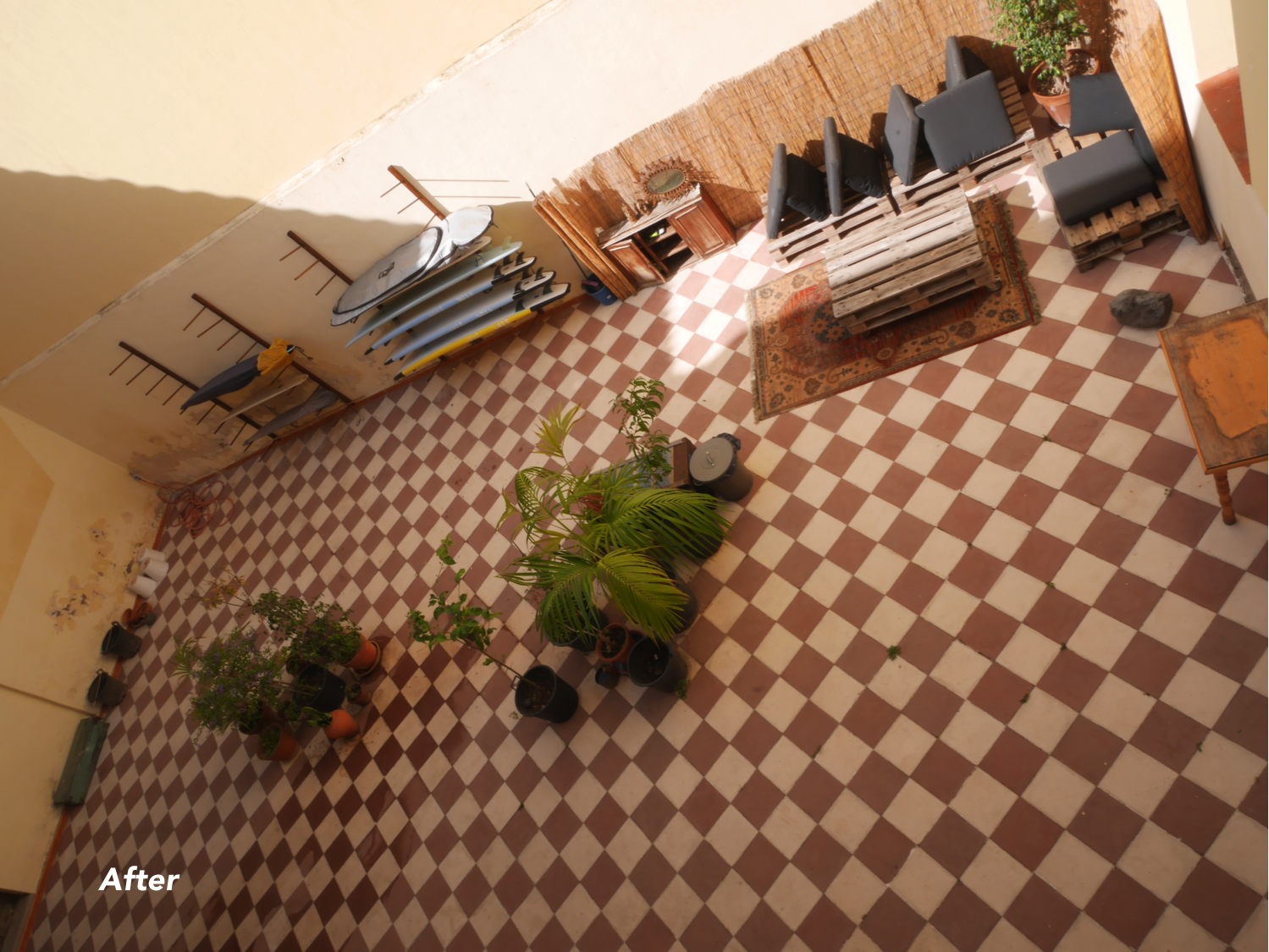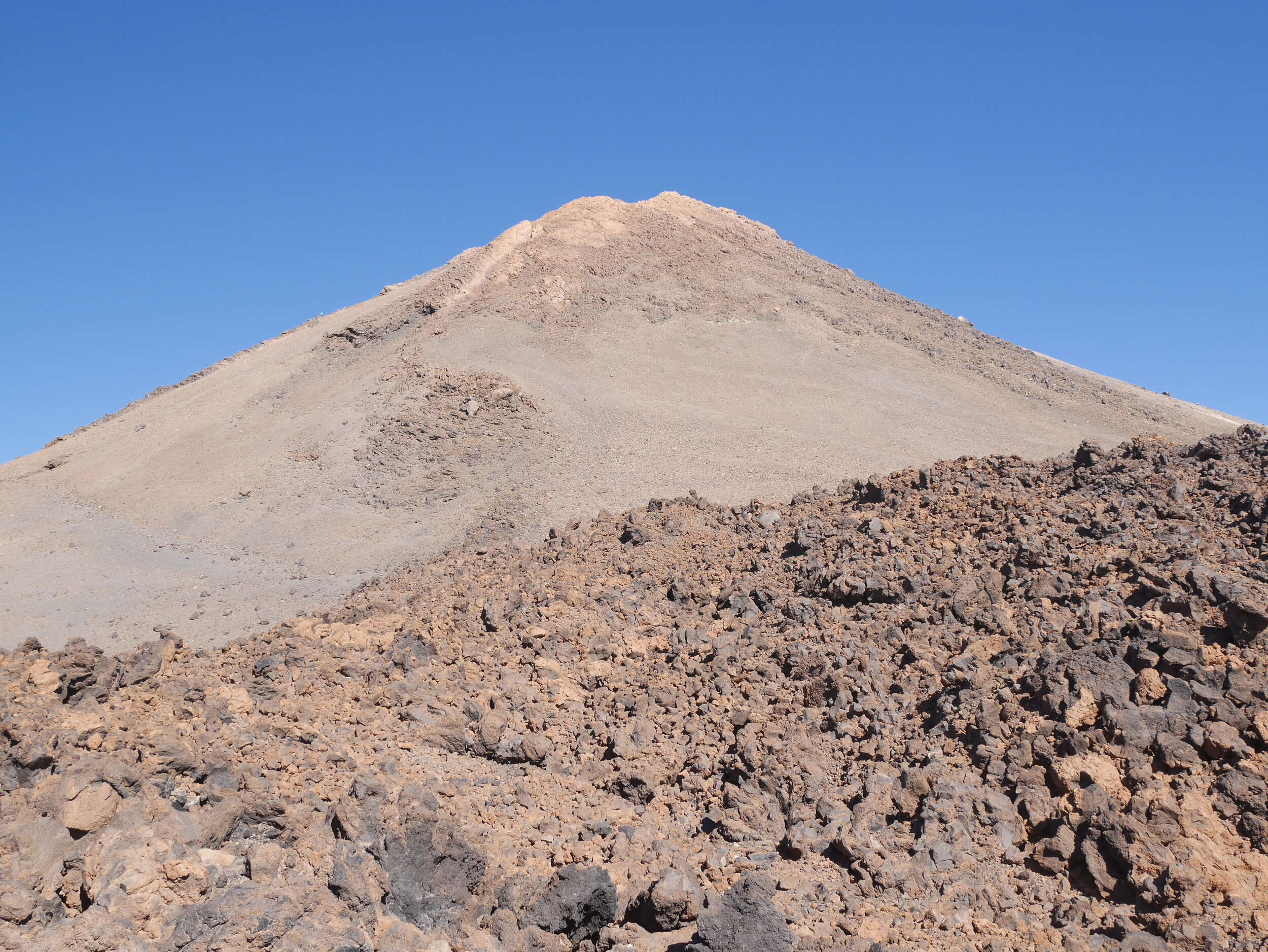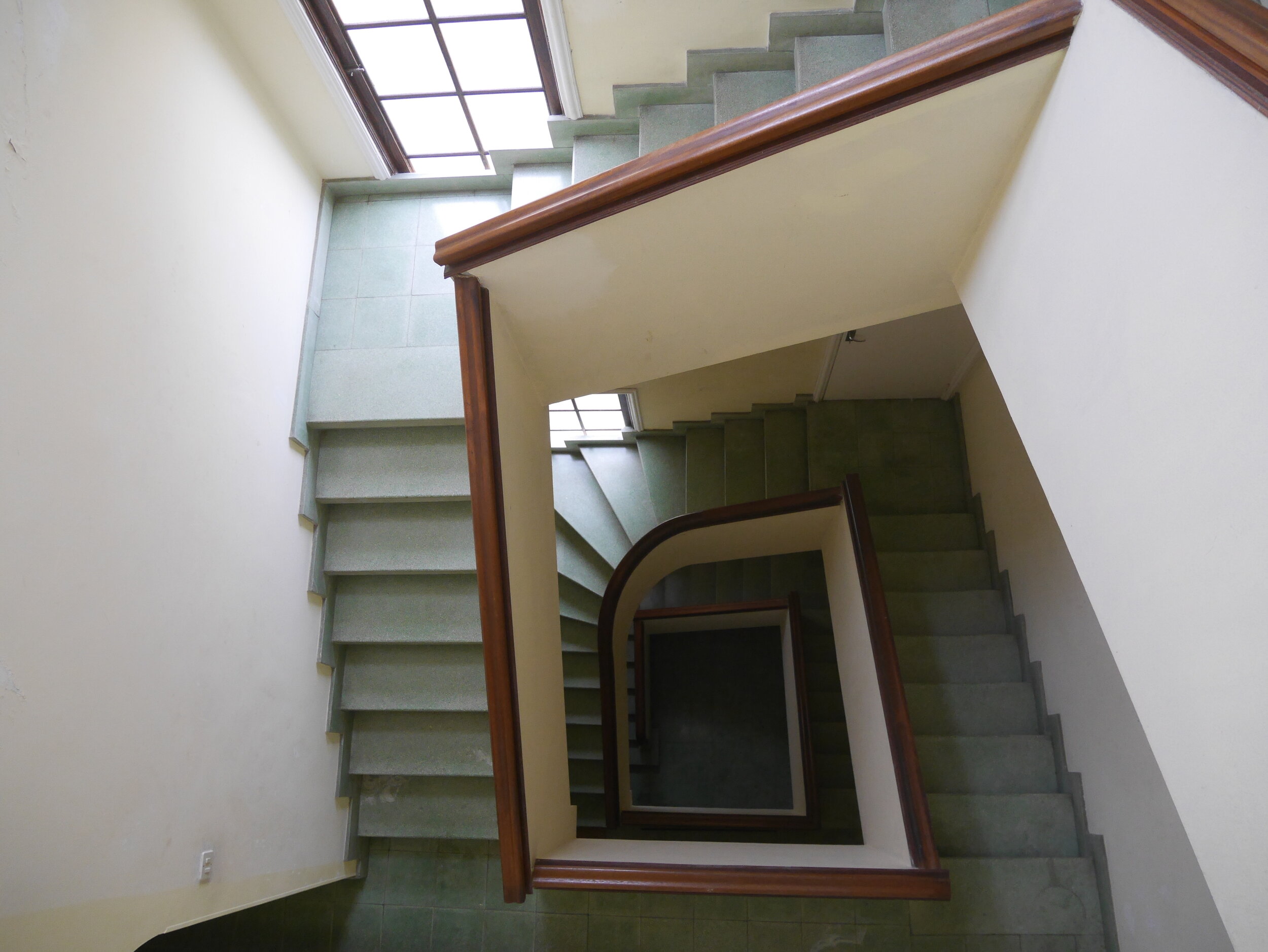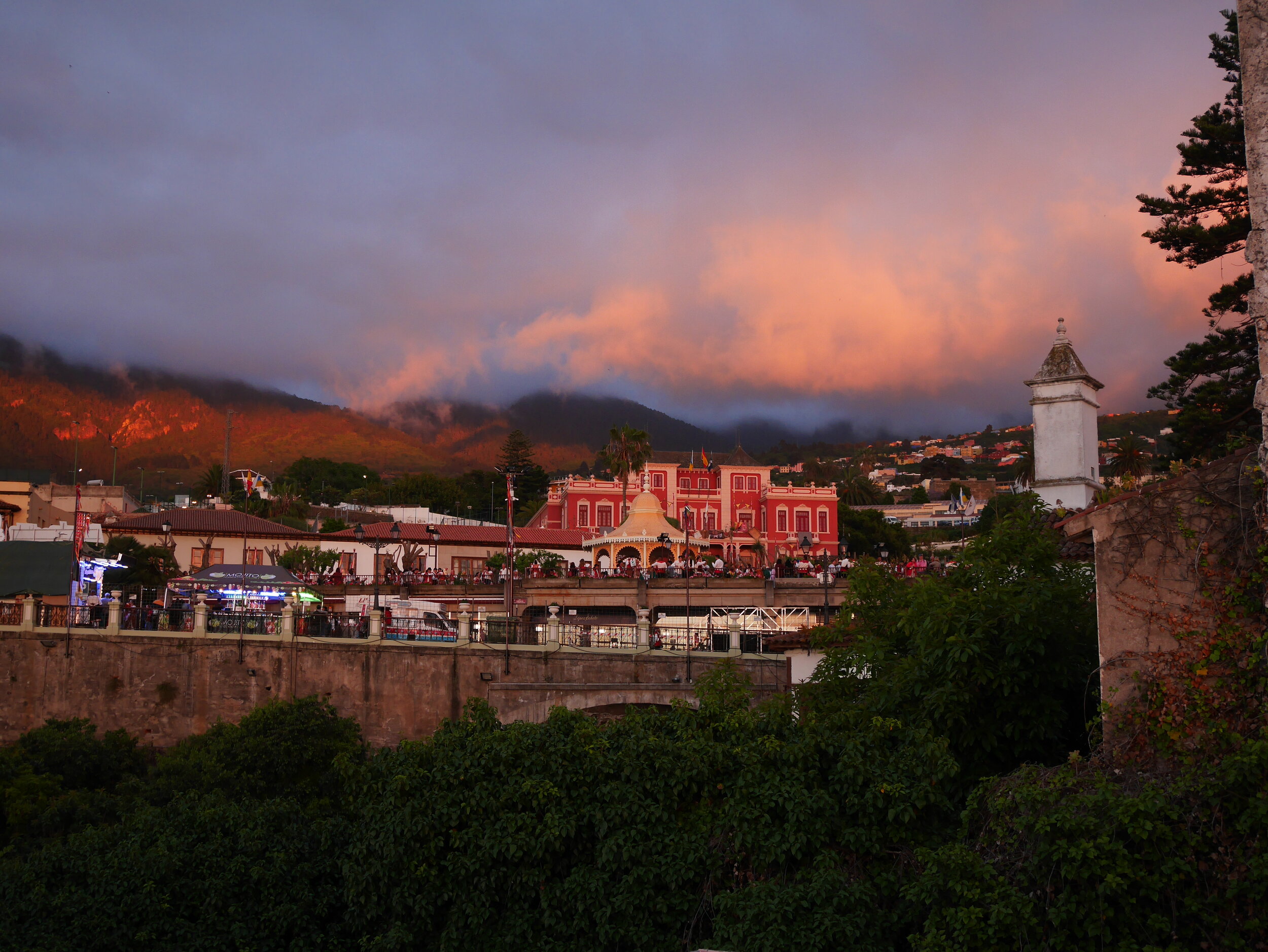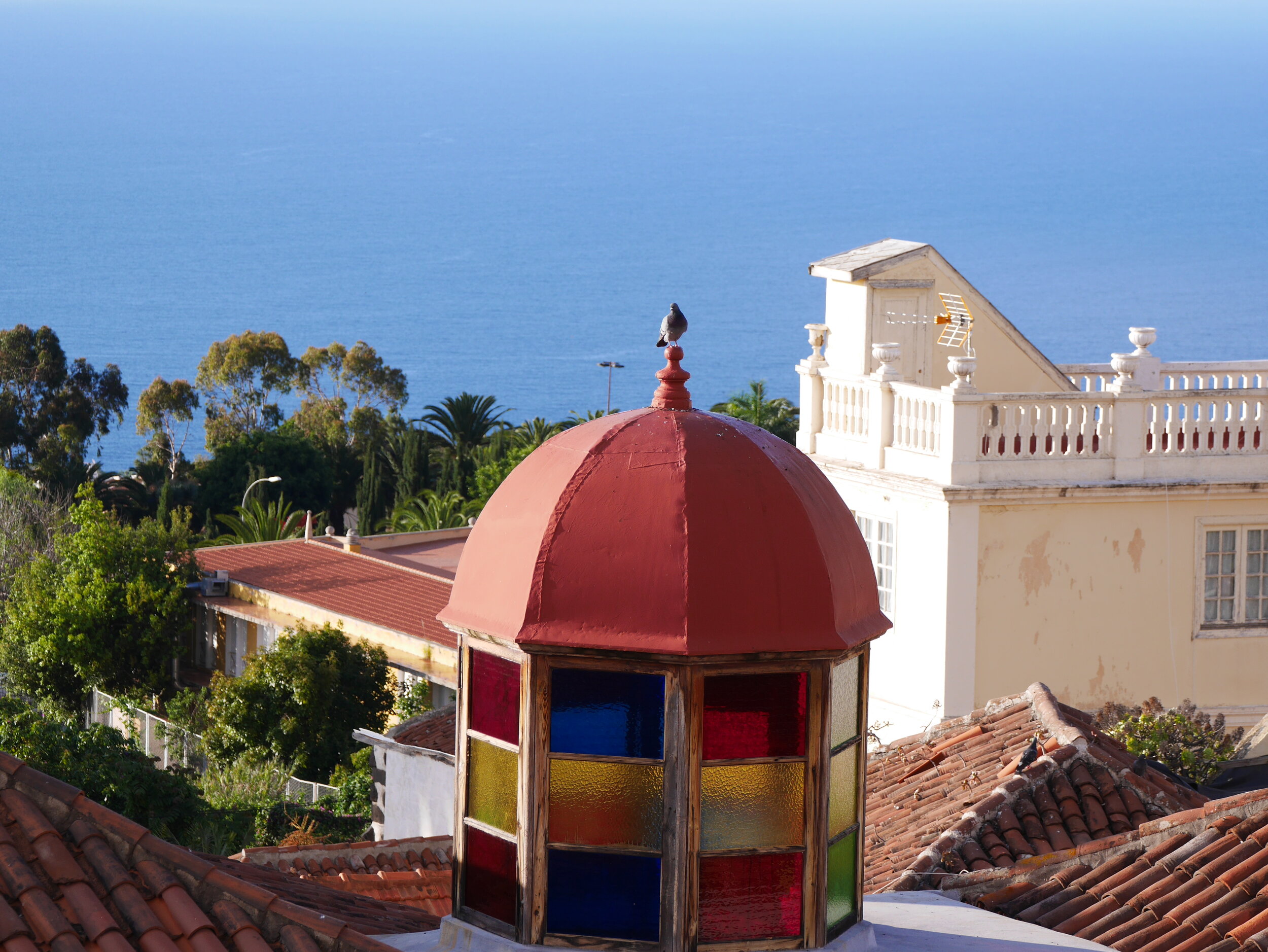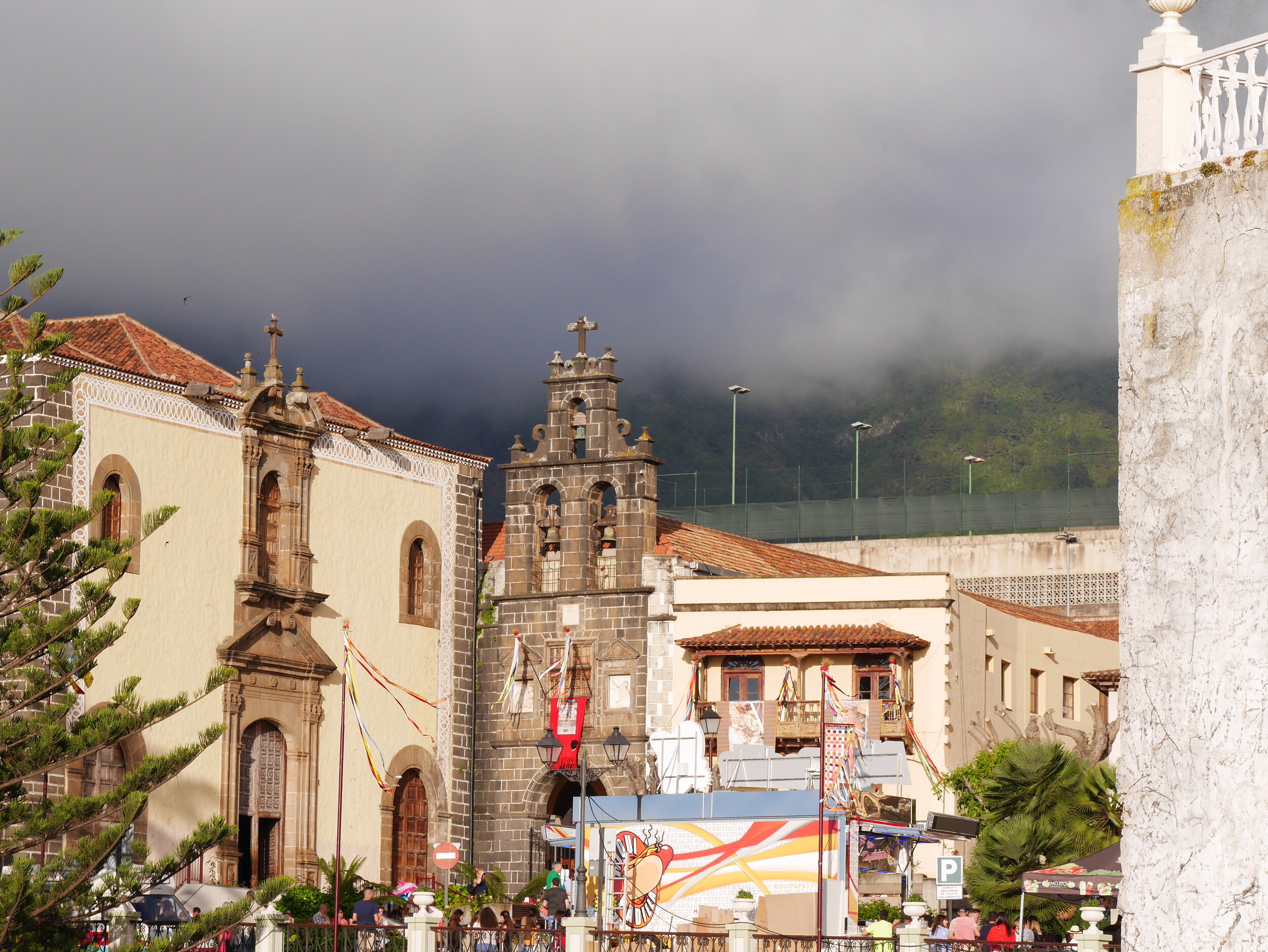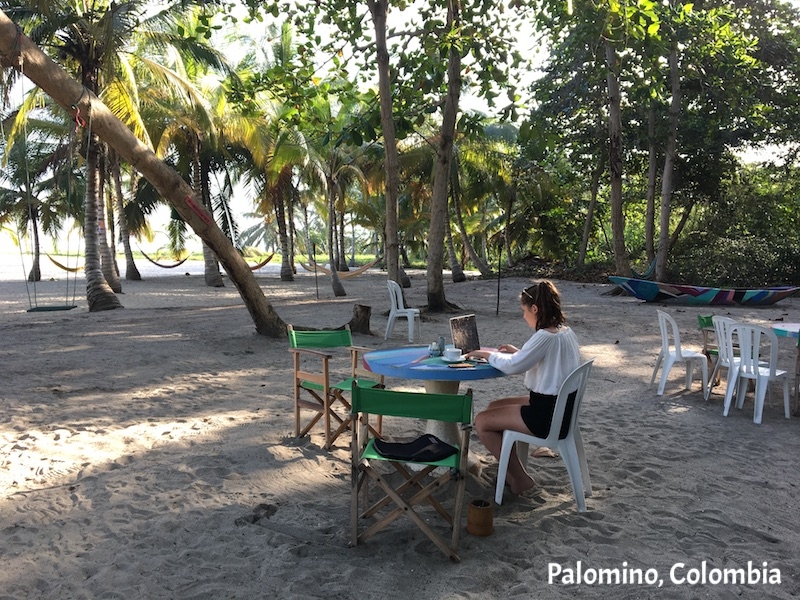Vegetable soup: Batch #1, Day #2
At this moment I should be sitting under a palm tree on Costa Rica’s Caribbean coast sipping something very different from canned tomato soup. Instead, after cutting short my trip, I am prematurely back in my spatially-challenged flat in London, cooking up batches of vegetable soup and planning for the long, tough months ahead. So I thought I’d take the opportunity to write.
I’ve only been back in the country for a few days, so am still dealing with jet-lag, disbelief and the reality of being a self-employed insight consultant and small-time landlord… with tenants due to move out imminently and no income whatsoever for the foreseeable future. I’m doing my best to take it in my stride, be the adaptable, strategic, resourceful person I know I am.
Dreaming of those Costa Rican beaches
Like many, I’ve been wondering how this whole situation is going to affect us humans in the long term. There is a sad inevitability that many lives will be lost and mourned. But how are we going to cope with social isolation, both physically and emotionally? The message from the government is clear – keep your distance – but there are many who are choosing to disregard this advice. Sadly, the invisible cape of immunity that some feel they have draped over their shoulders is going to have a significant impact on where we all end up after this whole bizarre episode is over - and are hopefully still here to pick up the pieces.
And come on guys… lead by example, FFS! After watching BJ on Sky News reinforce his social distancing message very clearly, the programme then cut immediately to the news presenter with a backdrop of attendees leaving No.10. I was staring, wide eyed and mouth gaping at the TV as I watched an almost comical scene showing a slow but steady stream of people walk out of the front door and right past the policeman on duty, with barely a foot or two’s grace. To my utter amazement, a group of people then exited together, cheerily chatting as they made a mockery of the whole kit and caboodle. It makes me wonder. Seriously.
Keen to maintain a daily routine of exercise and ‘fresh’ air, (and to stave off cabin fever for as long as humanly possible), I, along with most of the nation, decided at the weekend to take a walk on Hampstead Heath. It was teeming with people and dogs. Some were making a concerted effort to keep their distance, while others passed by worryingly close to one another. I had my weapon of choice: old hiking boots. This was a strategic choice for the purpose of taking the wettest and muddiest paths that everyone else wanted to avoid. Over those few hours, which included a trip to the local independent supermarkets, which were way more crowded than anticipated, reality started to set in.
Hampstead Heath attracting walkers with and without dogs :)
No swimming for the foreseeable future… :(
As I thought about everything I was seeing, hearing, reading, it struck me that we are in something akin to the initial Forming phase of Tuckman’s Team development model (1965), where everything is new and unknown; and fear and panic set in.
Tuckman’s Team Development model is a useful proxy for determining the phases of behaviour we’ll see during the COVID-19 era
The first time I left home after returning to the UK, it felt very Britishly rude to give ordinary people a wide berth as I passed them on the street. I still got the sense that people wearing masks were potentially taking things too far, and I felt utterly discombobulated.
The second time I ventured out, I did my bit to maintain distance from others wherever possible – but also tried to engage in ‘safe’ social contact with a smile, or a nod, or a stroke of a passing pooch. I did ask one dog walker if she minded me stroking her springy miniature pinscher as I thought people may be a bit uncomfortable about it, but she said she was fine with it, as it had been confirmed that dogs couldn’t carry COVID-19.
Last night, I was watching Netflix… safest place to be employed right now I reckon… and I found myself physically recoiling every time two people passed within a metre of each other. Like, whaaaat?!
…That’s when I realised: I was already adapting to this ‘new normal’.
If, after only a day or so, I am already uncomfortable with the notion of getting ‘too close’ to another human, what will it be like after months like this?







